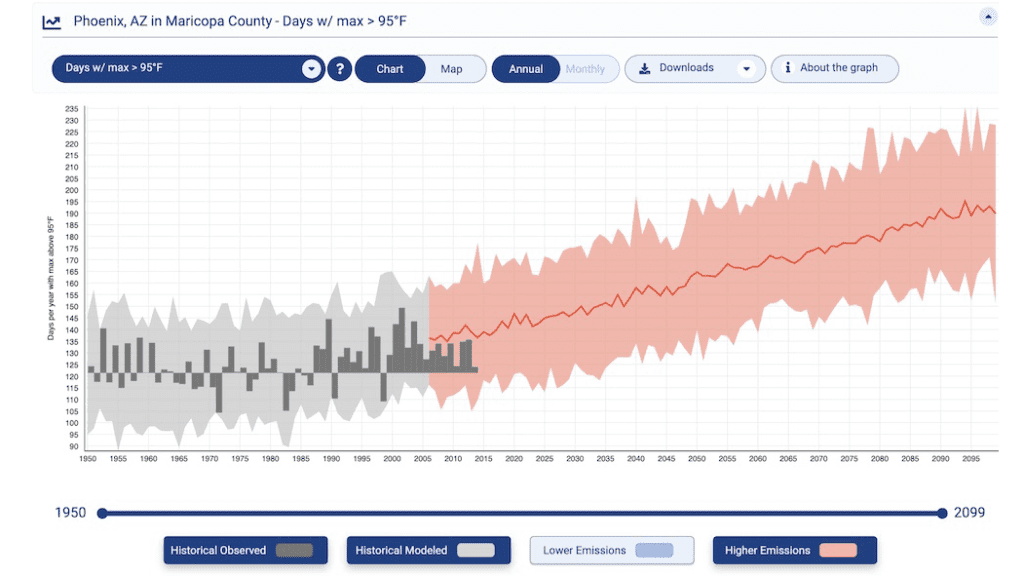Introduction
Climate change is one of the most critical challenges facing humanity in the 21st century. As we approach 2025, predictions about the state of the global climate are based on a combination of historical data, climate models, and current trends in greenhouse gas emissions. This article explores predictions for 2025 and their implications for the environment, economy and society.
Emissions Scenarios
Climate predictions are developed based on different greenhouse gas emissions scenarios. These scenarios, developed by the Intergovernmental Panel on Climate Change (IPCC), range from those with drastic reductions in emissions to “business as usual” scenarios where emissions continue to increase at the current rate.
Optimistic Scenario
In an optimistic scenario, in which governments and industries implement aggressive emissions reduction policies, global temperatures are expected to rise around 1.5°C above pre-industrial levels by 2025. Although this is higher than the 1.5°C set by the Paris Agreement by 2100, indicates significant progress towards climate stabilization.
Pessimistic scenario
In a pessimistic scenario, where emissions continue unchecked, predictions suggest that global temperatures could rise between 1.8°C and 2°C by 2025. This increase would exacerbate extreme weather events and have severe consequences for ecosystems and human populations. .
Impacts on Climate

Extreme Meteorological Phenomena
Regardless of the scenario, the frequency and intensity of extreme weather events is expected to increase by 2025. This includes heat waves, more intense storms, floods and prolonged droughts. Regions such as Southeast Asia, Latin America and sub-Saharan Africa will be especially vulnerable.
Rising sea levels
Accelerated melting of glaciers and polar ice will continue to contribute to sea level rise. By 2025, an average rise of between 10 and 20 centimeters in sea level is projected. This increase threatens coastal communities, especially on small islands and low-altitude countries.
Changes in Ecosystems
Changes in temperatures and precipitation patterns will affect global ecosystems. Barrier reefs are expected to undergo mass bleaching due to warmer ocean temperatures. Tropical forests, such as the Amazon, will face an elevated risk of forest fires and biodiversity loss.
Socioeconomic Impacts
Agriculture and Food Security
Climate change will affect agricultural production, with direct implications for global food security. Changes in precipitation patterns and increased frequency of extreme events will reduce crop productivity in many regions, exacerbating food insecurity and raising food prices.
Public health
Rising temperatures and extreme weather events will have significant consequences for public health. An increase in the incidence of vector-borne diseases, such as dengue and Zika, is expected, as well as greater thermal stress that will especially affect vulnerable populations.
Climate Migrations
Rising sea levels and increased frequency of natural disasters will likely result in increased climate migrations. Millions of people could be forced to leave their homes, creating additional challenges for urban infrastructure and political stability in receiving regions.
Actions and Policies
Mitigation and Adaptation
To mitigate the effects of climate change, it is crucial to reduce greenhouse gas emissions. This involves a transition towards renewable energy sources, the implementation of carbon capture technologies and energy efficiency policies. At the same time, adaptation strategies are essential to manage inevitable impacts. This includes building resilient infrastructure, sustainable urban planning and protecting natural ecosystems.
International cooperation
International cooperation will be essential to effectively address climate change. Global agreements, such as the Paris Agreement, provide a framework for collective action, but stronger commitment and concrete actions from all countries are necessary to achieve the stated goals.
Innovation and Technology
Innovation and technology will play a crucial role in the fight against climate change. From advances in renewable energy to developments in sustainable agriculture and carbon capture technology, investment in research and development is vital to finding effective and scalable solutions.
Conclusion
Climate change predictions for 2025 highlight the urgency of taking decisive action to reduce greenhouse gas emissions and adapt to the changes already underway. Although the challenges are significant, there are also opportunities to transform our economies and societies towards a more sustainable and resilient future. Collective action and innovation will be key to facing one of the greatest challenges of our era.